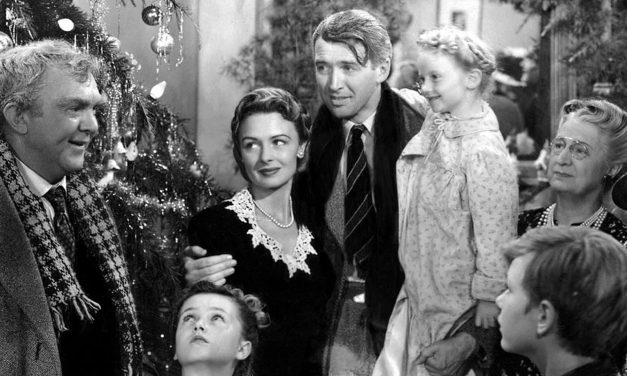“Why would they lie to me about Santa?” How youth discriminate between what is real and what is not
By Rohan Kapitany, Lecturer in Psychology, Keele University Warning: this article contains Christmas spoilers. Many of us tell our children about a rotund, bearded man in red, who lives in the icy tundra at the top of the world. He is tasked with judging the moral worth of children everywhere. He has a list. He has checked it twice. And there is no court of appeals. We promise our children that, on a known date and under the cover of darkness, he will sneak into our homes. Here, his judgment will be delivered. In preparation, it is customary to...
Read More















